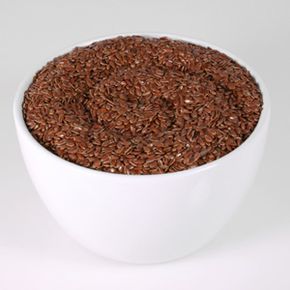Though very rarely interpreted in this way, Lewis Carroll's "Alice's Adventures in Wonderland" could be seen as a metaphor for yo-yo dieting. Anyone who's experienced a substantial weight loss, only to have the pounds come creeping back seemingly overnight will surely identify with Alice's transformations from tiny to tall and back again when she nibbles on mushrooms or samples intriguingly labeled cakes and beverages.
And if you do read "Alice's Adventures in Wonderland" in the midst of a battle with the bulge, it's impossible not to be captivated by those magic potions. Imagine just being able to indulge in a beverage that will make you small enough to fit through a tiny door -- or, more preferably, a two-piece bathing suit. That would be infinitely easier than forgoing fatty foods and trudging to the gym.
Advertisement
Viewers of late night infomercials could be forgiven for believing that such a magic pill exists. The advertisement for the natural supplement Lipozene promises some truly wondrous results. By just taking a pill, you'll reduce your body fat, and with it, that number on the scale. That flat belly on the screen beside the spokesperson? That could be yours! Best of all to those who hate treadmills and love apple fritters, no changes in diet or exercise regimen are needed.
So should you serve Lipozene at your next tea party with the queen? In this article, we'll examine how Lipozene works, and whether it's a white rabbit worth following or just another scheme dreamed up by a mad hatter who lives in a world of make-believe lunacy.
Advertisement



